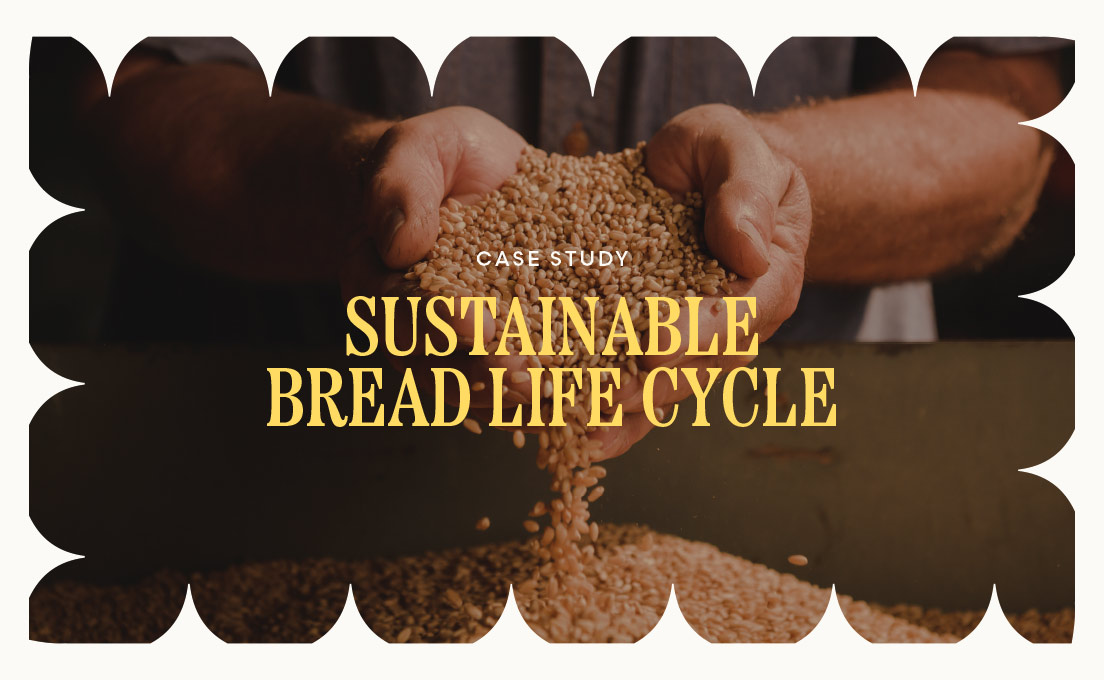
Bread, Reimagined: How a Staple Became a Climate Strategy
What if your daily loaf could help cut carbon emissions?
A new Australian study led by Wholegrain Milling Co., Certified Sustainable, Deakin University, and artisan bakery partners Rustica and Infinity shows that bread can be more than a staple, it can be a climate solution driving supply chain transparency.
The Sustainable Bread Life Cycle Case Study tracked emissions from paddock to plate using the Greenhouse Gas Protocol and NGER framework. The results were striking: Certified Sustainable Flour reduced emissions by up to 77% at the farm, 55% in milling and 26% in baking compared with conventional methods.
For supermarkets and food brands, these results mean bread can become a measurable decarbonisation tool. Choosing Certified Sustainable flour gives food manufacturers and retailers audit-backed emissions data that strengthens ESG disclosures and supports emissions reduction commitments.
For supermarkets and food brands, these results mean bread can become a measurable decarbonisation tool. Choosing Certified Sustainable flour gives food manufacturers and retailers audit-backed emissions data that strengthens ESG disclosures and supports emissions reduction commitments.
Wholegrain Milling Co. proving that real change toward a lower-carbon future can be baked in.
Read the full report here

